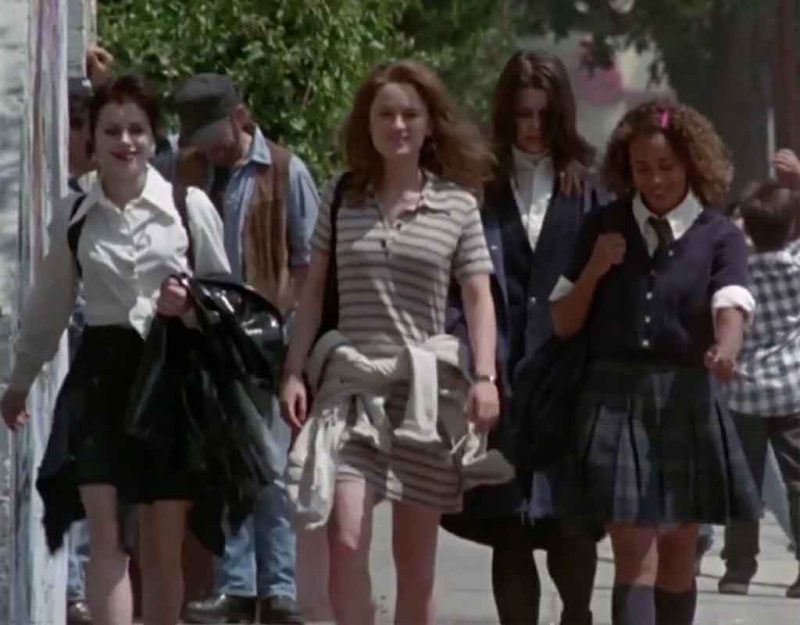Social Hierarchies versus Competence Hierarchies
If you want to see the effects of Crowdism in the wild, consider the testicle size of Australian rodents as a metaphor:
“We found that males of these social species had smaller testes compared to solitary species, suggesting that dominance hierarchies among social males lead to reduced levels of sperm competition.”
When there is high social competition, the status of each animal remains a mystery, so they breed randomly and frequently (promiscuously) and hope for the best roll of the dice.
When there is competence hierarchy, meaning that individuals are measured by strength, health, ability, and achievement rather than social standing, it is clear who the high value males are and so sexual activity calms down.
Generally the large testicles in a species imply a “sperm competition” with multiple males ejaculating in each female, and so whichever males generate the most sperm win out in a statistical sense.
When social pressure takes over from achievement, this sort of situation arises because the hierarchy changes from minute-to-minute based on whoever said the most witty thing down at the rodent pub or on rodent Twitter.
When a society measures males by what they can do, including their innate genetic traits, it is clear who is favored, and therefore chastity replaces promiscuity and the constant competition is lessened.
That makes a better life for everyone except the low status males who find themselves excluded, and might conspire with naturally promiscuous females to try to make peer pressure (Crowdism, individualism) replace results-based valuation (realism).
Humanity has gone down this same path because in overthrowing our aristocrats, we forced ourselves to deny the natural differences between people, which left only novelty and peer pressure for choosing who is the winner of the moment and king for a day.
Tags: achievement hierarchy, crowdism, king for a day, social pressure, testicle size










